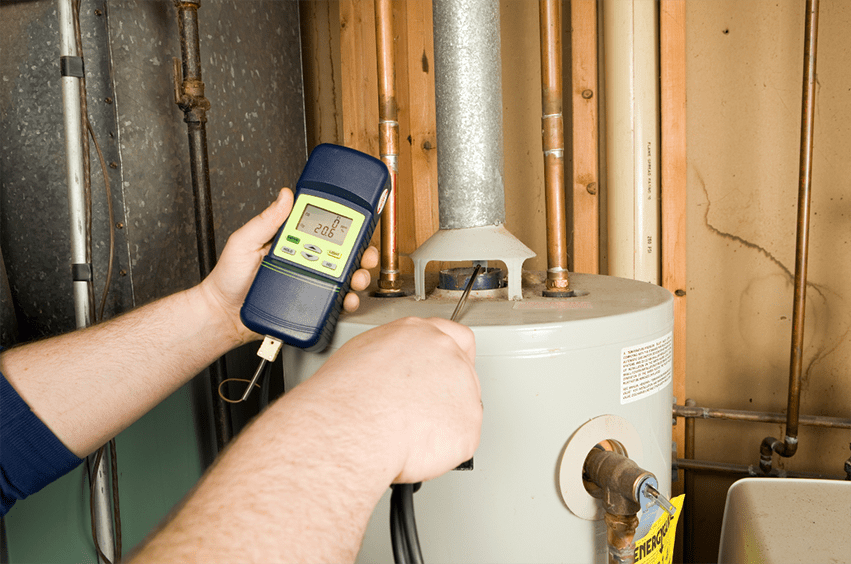Carbon Monoxide Poisoning: Awareness and Prevention

What is Carbon Monoxide?
What do you need to know about carbon monoxide poisoning? Carbon monoxide, or “CO,” is an odorless, colorless, tasteless gas that is created from the incomplete burning of fuels like gasoline or wood. CO is especially dangerous since humans cannot see, smell, or taste it. CO reduces oxygen to vital organs causing serious health problems or even death when undetected.
Where is Carbon Monoxide?
Carbon monoxide can occur any time there is fuel burning in an enclosed space. Examples include:
- Malfunctioning appliances (e.g. furnaces, water heaters, stoves)
- Auto exhaust or an idling vehicle
- Chimney blockage from an indoor fireplace
- Improper generator use
CO can build up indoors and poison those who inhale it. If an item runs only on batteries or electricity, it does not produce CO.
Who is at Risk?
Everyone is at risk for CO poisoning. However, infants, the elderly, people with chronic heart disease, anemia, or breathing problems are more likely to get sick from carbon monoxide.
Symptoms of Carbon Monoxide Poisoning
Symptoms of carbon monoxide poisoning can vary depending on the amount inhaled and the timeframe of exposure. Common symptoms include:
- Headache
- Dizziness
- Nausea or vomiting
- Confusion
- Weakness
- Shortness of breath
- Chest pain
- Drowsiness
- Fainting
- Loss of consciousness
How Can You Prevent Carbon Monoxide Poisoning?
You can’t see or smell it, but you CAN stop it.
- Install carbon monoxide detectors on every floor of your home. Put a note on your calendar to check or replace the batteries in the spring and fall.
- Be sure to have your gas, oil, or coal-burning appliances serviced by a qualified technician every year.
- Never block or seal shut the exhaust flues or ducts used by water heaters, ranges, and clothes dryers.
- Have all chimneys checked and cleaned every year.
- Ensure a fireplace’s damper is open before lighting a fire.
- Never use a gas oven for heating your home.
- Do not use portable flameless chemical heaters indoors.
- Never use a generator inside or within 20 feet of your home.
- Do not run a car or truck in the garage – even if the garage door is open.
If you suspect carbon monoxide poisoning, leave the area immediately for fresh air. Call Poison Help at 1-800-222-1222 for fast, free, expert advice. Our poison control experts are available 24/7. Want to learn more about poison prevention and safety? Visit our First Aid section at PoisonHelp.org.
Please embed this image in this post & link to https://piper.filecamp.com/s/o/HZt4VxPiBkhkUjSe/wTAwvCqKFCgl1Tbf/p7wmHhrv2cvTfpU7